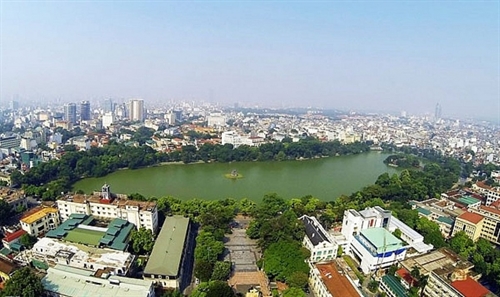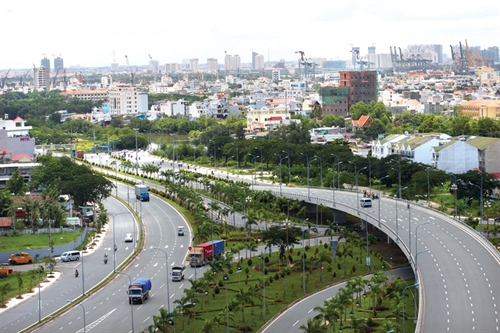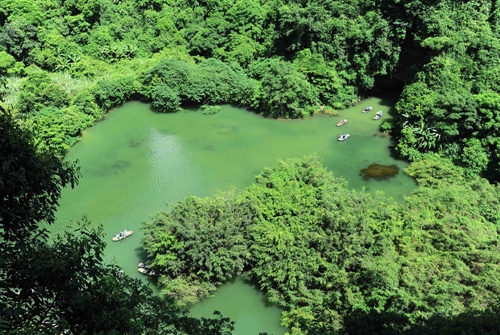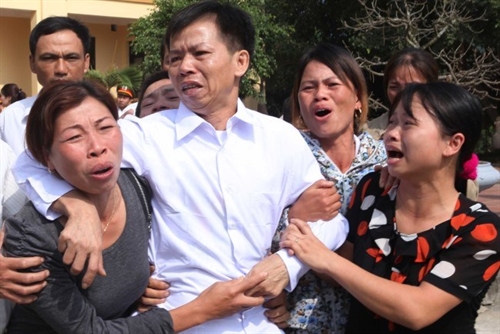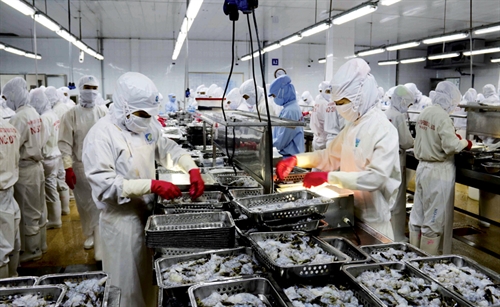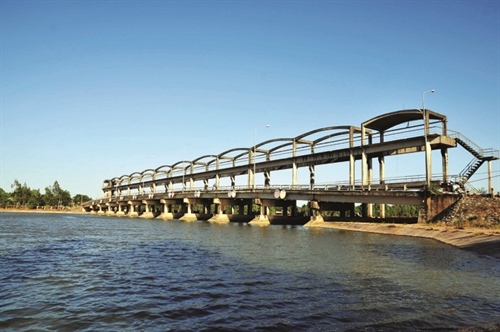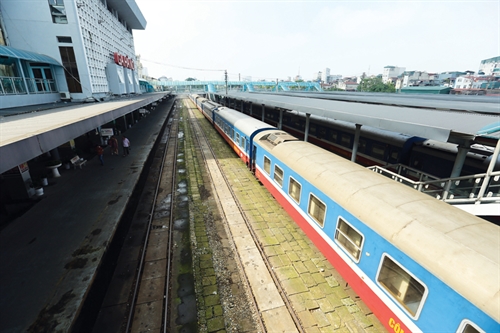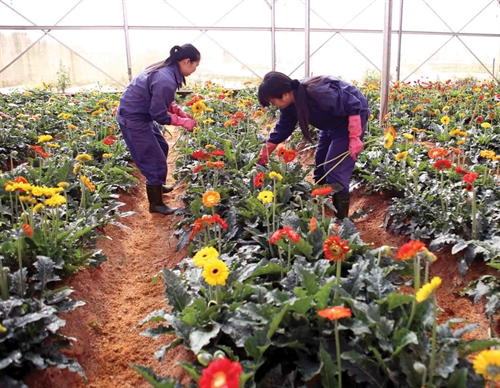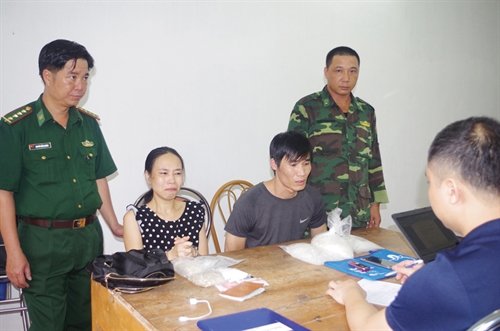Effective in January this year, the 2017 Law on Legal Aid (the Law) regulates the provision of “pro bono” legal services to disadvantaged people and policy beneficiaries as one of the policies to guarantee human rights and citizens’ rights. The Law replaces its predecessor enacted in 2006.
The Law affirms that it is the State’s responsibility to provide legal aid. Legal aid activities will contribute to guaranteeing people’s right of access to justice and equality before law. These activities must comply with the Law’s provisions on legal aid beneficiaries; legal aid providers; and fields and forms of legal aid provision.
The Law does not regulate the provision of not-for-profit legal services by social organizations.
More legal aid beneficiaries
Legal aid beneficiaries are determined in conformity with specific principles and criteria, the nature of legal aid and practical conditions of the country.
According to Article 7 of the Law, legal aid beneficiaries are divided into 14 groups (instead of six groups as prescribed in the 2006 Law) with four groups defined in or developed from the 2006 Law. They are (i) people with meritorious service to the revolution; (ii) members of poor households; (iii) children; and (iv) ethnic minority people residing in areas with extremely difficult socio-economic conditions.
Two groups of people are added as new beneficiaries, including the accused who are aged between full 16 years and under 18 years; and the accused who are members of households living just above the poverty line.
The eight other groups of legal aid beneficiaries are people experiencing financial difficulties, such as natural parents, spouses or children of fallen heroes or persons nurturing fallen heroes during their childhood; agent orange victims; the elderly; people with disabilities; victims in criminal cases who are aged between full 16 years and under 18 years; victims of domestic violence cases; victims of human trafficking under the Law on Human Trafficking Prevention and Combat; and HIV-infected people.
The above beneficiaries have the right to receive legal aid free of charge, material benefits or other benefits. They may request legal aid by themselves or via their relatives, agencies or persons with proceedings-conducting competence, or via other agencies, organizations and individuals.
Legal aid providers
Under the Law, legal aid-providing persons include legal aid officers; lawyers providing legal aid under contracts signed with state legal aid centers and lawyers assigned by organizations participating in legal aid provision; legal counselors with at least two years’ experience in legal counseling in these organizations; and legal aid collaborators.
Particularly, the Law requires legal aid officers to be trained in law practice, unless they are exempted from law practice training, and to undergo law practice or legal aid probation. Meanwhile, legal aid-providing organizations include state legal aid centers and organizations participating in legal aid provision. Organizations participating in legal aid provision include organizations signing legal aid contracts and organizations registering to participate in legal aid provision. Law-practicing and legal counseling organizations may sign legal aid contracts with provincial-level Justice Departments or register to participate in legal aid provision.
Provincial-level Justice Departments will publicize lists of legal aid-providing persons and organizations in their localities, post these lists on their websites and send them to the Ministry of Justice for summarization and posting on its portal.
Under Article 26 of the Law, a state legal aid center may provide legal aid in one of the following cases: (i) a legal aid beneficiary residing in the locality; (ii) a legal aid case or matter occurring in the locality; and (iii) a legal aid case or matter requested by the central competent agency in charge of legal aid.
Organizations that sign legal aid contracts may provide legal aid within the scope of such contracts while organizations that register to participate in legal aid provision may provide legal aid within the registered scope.
To improve the quality of legal aid services, the Law standardizes criteria for legal aid providers toward professionalism.
Based on legal aid demands and practical conditions of their localities, provincial-level Justice Departments and state legal aid centers will select, and sign legal aid contracts with, organizations and individuals wishing to provide legal aid. However, these organizations and individuals must satisfy the Law-prescribed conditions so as to ensure the quality of their services.
Fields and forms of legal aid provision
The Law states that legal aid will be provided in all law-related fields, except trade and commerce.
Compared to the 2006 Law, forms of legal aid provision remain unchanged, including participation in legal proceedings; legal counseling; and representation beyond legal proceedings.
However, the Law removes the provision on other forms of legal aid provision to prevent the uncontrolled spread of legal aid activities.- (VLLF)
